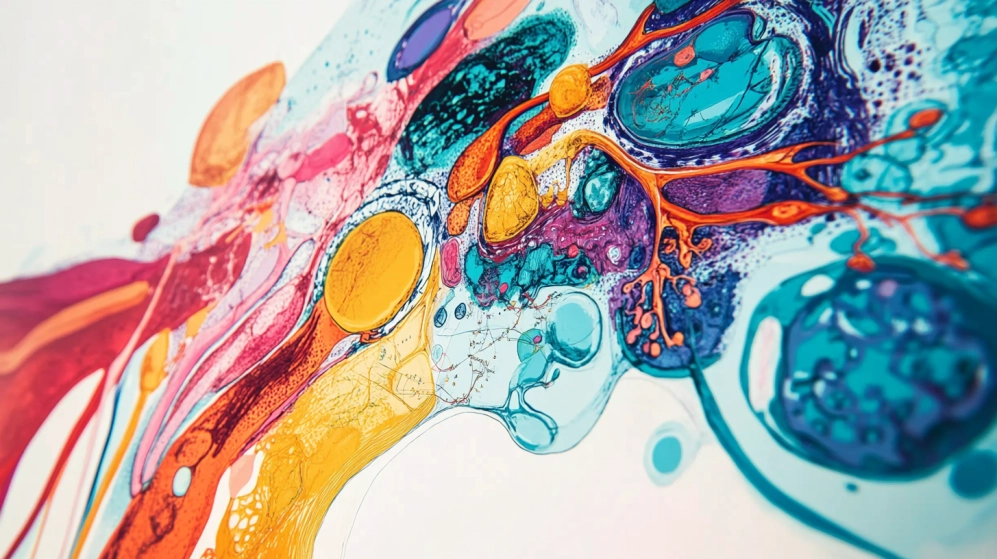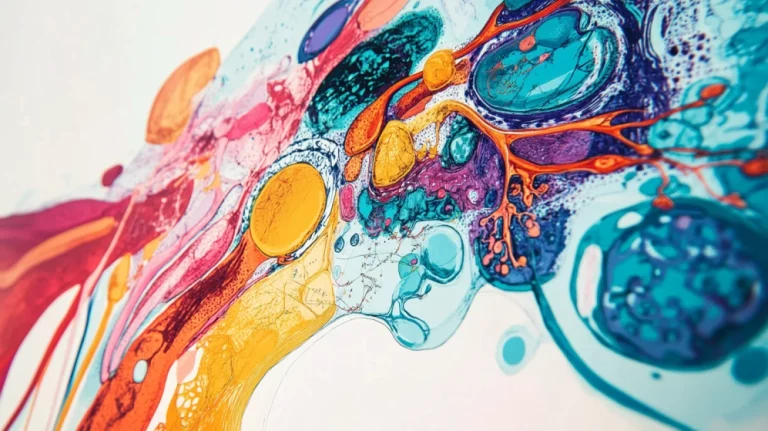Dehydration happens when our bodies lose more fluids than we take in. It can make us feel dizzy, tired, and even cause serious health problems. There are two main ways to treat dehydration: IV hydration and oral rehydration. But which one works better?
Understanding Dehydration
Our bodies are made up of about 60% water. Water helps with digestion, keeps our joints moving smoothly, and controls our body temperature. When we don’t drink enough water or lose too much through sweating, vomiting, or diarrhea, we get dehydrated.
Causes of Dehydration
- Sweating from exercise or hot weather
- Vomiting or diarrhea from illness
- Fever
- Not drinking enough fluids
- Certain medications
Signs of Dehydration
- Dry mouth and tongue
- Feeling very thirsty
- Dark yellow pee
- Dry skin
- Feeling tired or sleepy
- Dizziness or lightheadedness
- Headaches
- Less need to go to the bathroom
In severe cases, dehydration can lead to rapid heartbeat, rapid breathing, and even fainting.
Oral Rehydration
Oral rehydration means drinking fluids to replace what we’ve lost. This can be water, but sometimes we need a special drink called an oral rehydration solution (ORS).
What Is an ORS?
An ORS contains water, electrolytes like sodium and potassium, and sometimes sugar. These ingredients help our bodies absorb the fluids better. The World Health Organization (WHO) has a standard ORS formula used worldwide to treat dehydration.
Benefits of Oral Rehydration
- Easy to do at home
- No needles or medical equipment needed
- Less expensive
- Can prevent dehydration from getting worse
- Suitable for people of all ages
How to Make a Simple ORS at Home
In places where ORS packets aren’t available, you can make a simple solution:
- 1 liter of clean water
- 6 teaspoons of sugar
- 1/2 teaspoon of salt
Mix it well until everything dissolves. This homemade solution helps replace lost fluids and electrolytes.
When to Use Oral Rehydration
If someone has mild to moderate dehydration, oral rehydration is usually enough. For example, if you’ve been playing sports and feel thirsty, drinking water or a sports drink can help.
IV Hydration
IV hydration involves giving fluids directly into a vein through a needle. IV stands for intravenous, which means “into the vein”.
How Does IV Hydration Work?
A healthcare worker inserts a small needle into a vein, usually in the arm or hand. Fluids with electrolytes flow from a bag through a tube and into your bloodstream. This method bypasses the digestive system, so fluids are absorbed quickly.
Benefits of IV Hydration
- Works faster than drinking fluids
- Good for severe dehydration
- Can deliver medicines and nutrients directly
- Helps when someone can’t keep fluids down
When to Use IV Hydration
- Severe dehydration
- Unconscious or unable to drink fluids
- Persistent vomiting or diarrhea
- In hospital settings for quick rehydration
Comparing the Two Methods
So, which method is more effective?
Speed of Rehydration
IV hydration works faster because fluids go directly into the bloodstream. Oral rehydration takes longer because fluids must pass through the digestive system before being absorbed.
Severity of Dehydration
For mild to moderate dehydration, oral rehydration is effective and less invasive. For severe dehydration, especially in emergencies, IV hydration is preferred.
Cost and Accessibility
- Oral Rehydration: Less expensive, can be done at home, no special equipment needed.
- IV Hydration: More expensive, requires medical equipment and trained professionals.
Risks
- IV Hydration Risks: Infection at the needle site, pain, swelling, risk of air bubbles entering the vein.
- Oral Rehydration Risks: May not be effective if someone is vomiting or has severe diarrhea.
Effectiveness in Different Age Groups
Children and the elderly are more prone to dehydration. According to UNICEF, oral rehydration therapy has reduced deaths from diarrhea in children under five by more than 50% since the 1980s.
What Do Studies Say?
The World Health Organization reports that oral rehydration solutions can successfully treat up to 90% of patients with acute diarrhea. In areas where medical help is limited, ORS is a lifesaver.
On the other hand, a study in the New England Journal of Medicine showed that IV fluids are essential for treating severe dehydration caused by illnesses like cholera.
Special Cases
Dehydration in Athletes
Athletes lose fluids through sweating. Sports drinks contain electrolytes and help with rehydration. However, for most people, water is enough during regular exercise.
Dehydration During Illness
When someone is sick with vomiting or diarrhea, they can lose fluids quickly. Children are especially at risk. Oral rehydration solutions help replace lost fluids and prevent complications.
Dehydration in Hot Climates
In hot weather, the risk of dehydration increases. People working outside or without access to clean water need to drink fluids regularly.
Which One Is Better?
It depends on the situation.
- Mild Dehydration: Oral rehydration is usually enough. Drink water, juices, or an ORS.
- Moderate Dehydration: Oral rehydration is effective but needs to be monitored closely.
- Severe Dehydration: Medical help is needed immediately. IV hydration is often necessary.
Prevention Is Key
Preventing dehydration is better than treating it. Here are some tips:
- Drink plenty of water throughout the day.
- Carry a water bottle when you go out.
- Drink more fluids when it’s hot or when you’re exercising.
- Pay attention to your body’s signals—drink when you’re thirsty.
- Avoid drinks with caffeine or alcohol, as they can make dehydration worse.
Conclusion
Both IV hydration and oral rehydration are effective ways to treat dehydration. Oral rehydration is simple and can be done at home, making it ideal for most cases. IV hydration works faster and is necessary for severe dehydration, but it requires medical attention.
Remember, staying hydrated is important for your health. Make sure to drink enough fluids every day. If you notice signs of dehydration, take action quickly. And if you or someone you know shows signs of severe dehydration, seek medical help right away.


